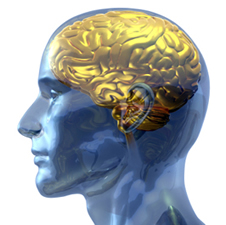If you're considering a career as a Community Psychologist, you'll need to plan on attaining at least a master's degree, but preferably a doctorate degree (Ph.D or Psy.D) in psychology. In addition to learning about the field of community psychology, accredited Community Psychology programs will give you a foundation in psychology as a whole, including the brain and its relationship to human function and personality, the scientific method, and methods of mental health treatment.
Like all graduate psychology degrees, community psychology degrees take 2 - 5+ years to complete. These degree programs can be supplemented with practical experience working as part of community programs, either as interns or as volunteers to gain practical experience of working with communities.
The would-be community psychologist also needs to cultivate a firm background in other academic and human service areas; social science, public health, political science and community development, just to mention a few. These closely related and mutually dependent areas of study permit the community psychologist to visualize ways to integrate psychology with social and community needs.
In short, community psychology combines theory and practice as a means of improving both individual lives and communities as a whole.
